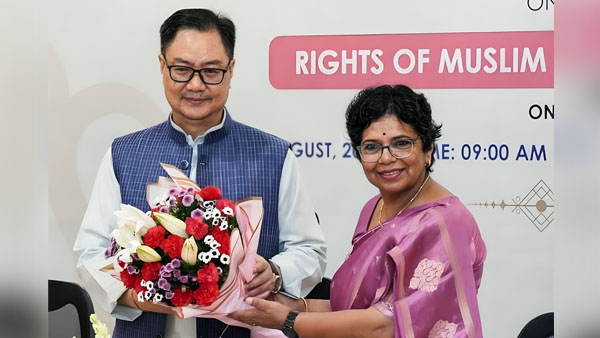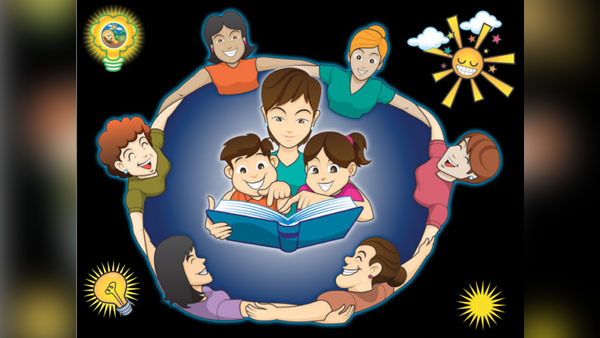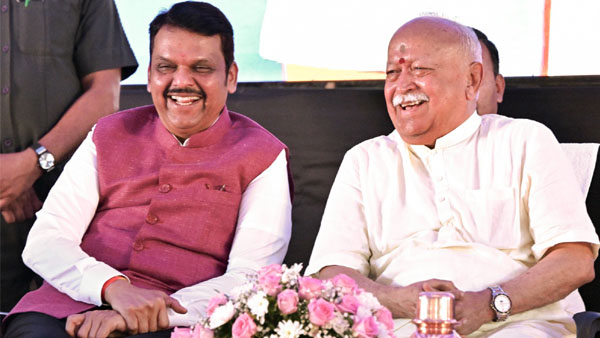New Delhi, Aug 1 : Union Minister for Minority Affairs and Parliamentary Affairs Kiren Rijiju on Friday said empowering Muslim women with knowledge of their rights is critical towards inclusive development.
He was speaking at a national consultation organised by the National Commission for Women (NCW) on the theme “Rights of Muslim Women in India”.
“Empowering Muslim women with awareness of their rights is not just a social commitment but a necessity for inclusive growth,” Rijiju said during his inaugural address.
“When women become economically independent, they also become socially powerful. Economic empowerment automatically leads to social empowerment,” he said.
The day-long consultation brought together lawyers, academics, sociologists, women’s rights activists, policymakers and representatives from civil society across India to discuss the legal, economic and social rights of Muslim women.
Rijiju also assured participants that he would take forward the key recommendations that emerged from the consultation.
“I will personally contribute to advancing the outcomes of this consultation so that the voices heard here translate into meaningful change,” he said.
NCW Chairperson Vijay Rahatkar said the Commission is consistently working to safeguard the rights and welfare of Muslim women.
“This consultation is not just an event; it is a platform to amplify voices that have long remained unheard,” she said.
“No woman – irrespective of her background – should be denied justice, dignity, and human rights,” she said.
She stressed that legal reforms must be accompanied by shifts in societal thinking.
“When we talk about Muslim women’s rights, merely opening law books is not enough. We must also address the evolving societal landscape, where balancing tradition and progress is crucial,” she said.
On the occasion, Rijiju also released Naya Daur, a special publication by the NCW compiling information on Muslim women’s rights, legal provisions, and welfare schemes.
The consultation featured four thematic technical sessions. The first focused on assessing the effectiveness of government schemes aimed at the socio-economic empowerment of Muslim women.
The second session examined provisions in the Wakf Act, 2025, with speakers calling for greater transparency and women’s representation in Wakf boards.
The third session explored legal challenges related to maintenance, child custody, and property rights under Muslim personal law, while the final session addressed marriage and divorce rights of Muslim women, highlighting the need to ensure dignity and justice from a constitutional lens.
The NCW said the consultation aimed to bring Muslim women’s voices into the policy discourse and ensure equal rights and opportunities for them in Indian society. (PTI)




